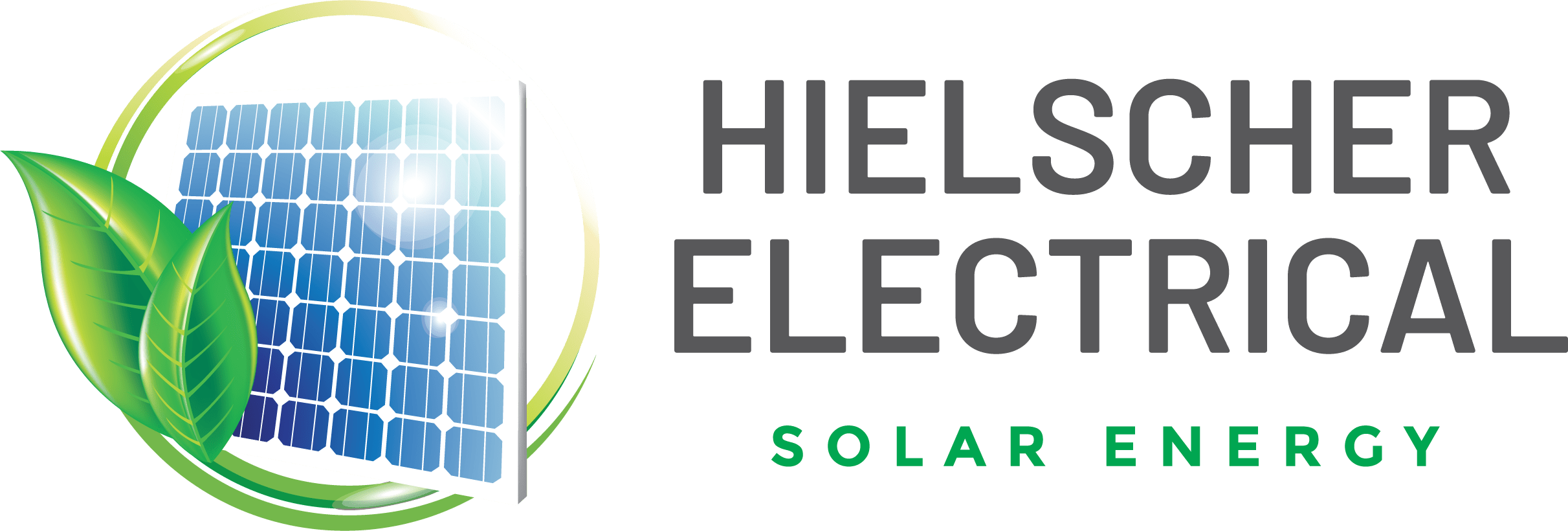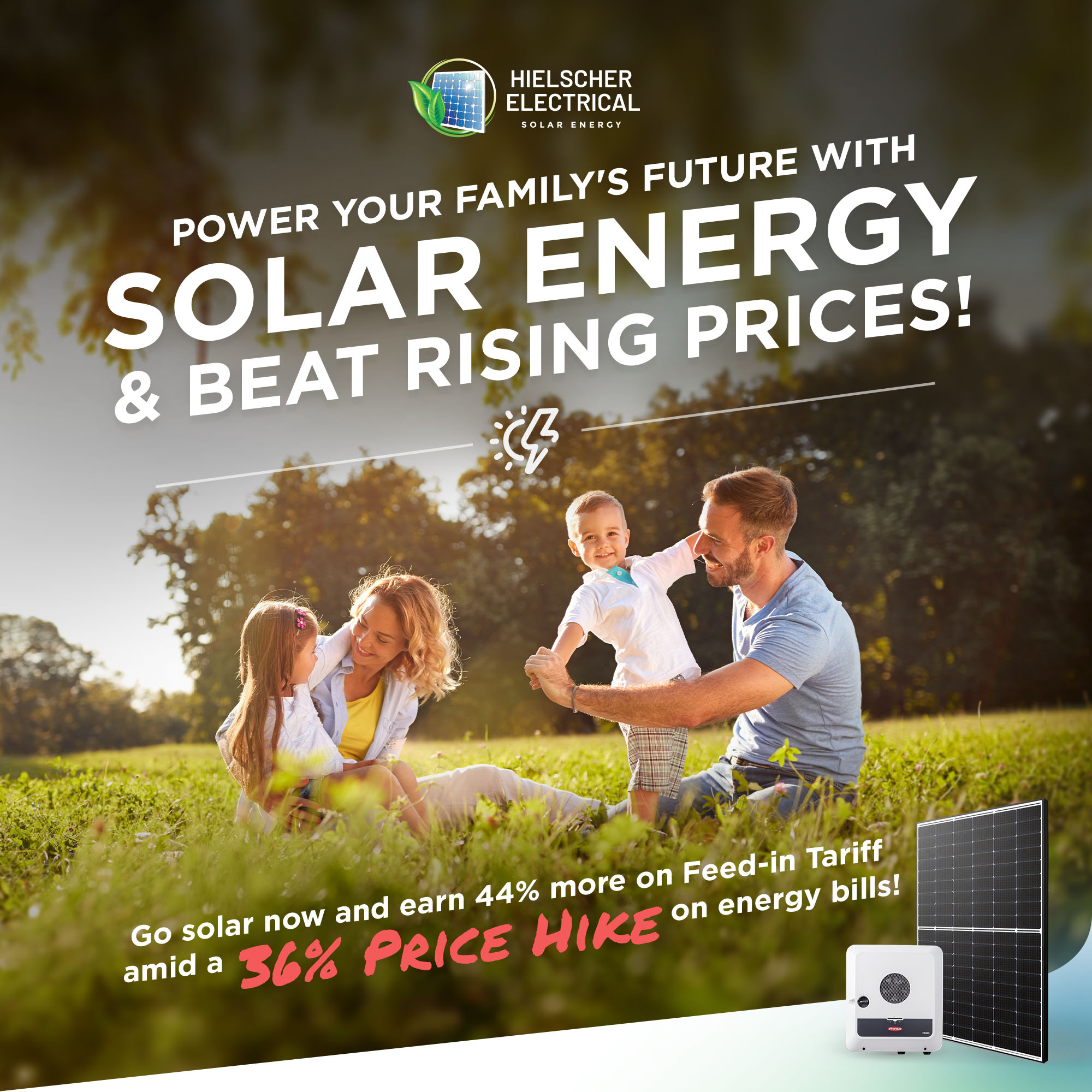If you’ve installed a residential solar module on your rooftop, the solar panels are more than likely either flat or minimally tilted. So, how often do you give your roof a nice clean? Definitely not so often, and mostly never! And why is that? I hear you whisper, “the rain does it for me”. Thankfully, that logic also applies to solar panels.
Solar photovoltaic systems are self-cleaning but may require a wash once in a while when dirt builds up and starts to reduce the capacity of energy generated. For residue like pollen and dust, it gets washed every time it rains.
Even then, if your panels are slightly tilted, or you reside in a dry or dusty area, or near the ocean, then you might consider cleaning your solar panels more often if you want to continuously enjoy optimal energy output from them.
Leaves, grime, dust, bird poop or sea-salt residue can affect the efficiency of your solar panels, reducing their productivity as well as their lifespan.
Being a new feature in most residential homes, many solar PV system owners may not understand the importance of cleaning their panels regularly, much less how to go about it. If you are one of them, this post is for you!
The importance of cleaning your solar panels
Dirty panels reduce the ability of the solar PV system to absorb the sunlight, hence reducing the amount of power produced by the panels. In addition, solar panels feature electrical technology which demands regular maintenance in order to keep them up and working optimally for many years to come.
How often should you clean your panels?
Owing to their nature and position, solar PV panels are often self-cleaning especially during the rainy season when much of the accumulated grime, dust and other dirt is washed away by rain water.
However, Hielscher Electrical’s Fact Sheets advises that any quality solar panel should be cleaned every six months. This should be done during the late autumn or the late spring, but households situated near areas of farming or construction activities should consider cleaning their solar panels more frequently. On the other hand, if you reside in an area that receives regular rainfall, you can reduce the frequency of cleaning or stop cleaning altogether. But whatever the case, ensure your solar panels are inspected by a reliable solar expert before your panels are cleaned.
When should your solar panels be cleaned?
It is recommended that you clean your panels during cooler months on an overcast day either in the evening or early morning. This will shield you from damage by the hot sun rays and prevent your cleaning products from drying out too quickly on the panels, hence leaving residue or grease.
Who should clean your solar panels?
Anyone can clean their own panels as long as they understand the right way of cleaning rooftop solar panels and are able to do it from the ground. If they find it challenging, they may need to contact a Clean Energy Council accredited solar technician fully armed with the right safety and equipment management skills.
How much does it cost to clean solar panels?
According to findings by Australian Solar Quotes, cleaning solar panels can cost up to $15- $20 per panel, meaning the annual budget for cleaning a 2kW solar PV system with an array of 10 panels is about $200, based on your location and preferred service provider.
How do you clean solar panels?
If you are able to safely get to your solar panels from the ground, and using the right tools, you can give your panels a clean on your own. According to ASQ, you must have a good quality soft brush, a squeegee made with a plastic blade on one of its sides, a sponge with a cloth covering and of course a long-extension arm. Be sure to use a hose with a proper nozzle to sprinkle with water on to the top edge of your solar panels.
How to deal with oily stains
In most cases, oily stains can occur during installation or if you reside near a busy airport, under a flight path, or adjacent to or downwind of a main highway that is frequented by trucks. If your panels start showing oily stains, then you can use isopropyl alcohol to spot clean the surface.
5 easy steps to effective cleaning of panels
- Red Energy a reputable energy provider in Australia recommends that before you start the process of cleaning your solar panels, you need to let a professional technician to check your solar PV system for obvious defects such as cracks, discolouration or chips in the glass, and ensure all cables and fittings are safely attached to the inverter and frame.
- Carefully follow all the instructions provided in your solar panel manual on how to duly shut down the solar system before embarking on the cleaning process.
- Once the system is shut off successfully, dust off any dirt and debris from the solar panels.
- Using only clean water and a soft brush, sponge and squeegee, scrub any stubborn residue or grime.
- Rinse the panels with clean water and dry them using the squeegee.
What NOT to do when cleaning your solar panels
- Do not use abrasive detergents, powders or other products when cleaning your solar panels as they can damage the glass or leave grime and residue.
- Avoid using hard water (mineral rich) as it can leave mineral deposits after it dries.
- Ensure water reaches the top surface of the solar panels only without reaching the back of the panels or gaps between the solar panels and the roof.
- Avoid cleaning your solar panels when they are hot since the unexpected temperature change from cold water may cause the glass to crack.
Take home
In the long run, you might be wondering, “how often should you replace your solar panel?” This is a question you should ask your dealer when purchasing the panel or after many years of use. Luckily, most solar panels in Australia come with performance guarantee of up to 25 years with a lifetime of 40 years.
In conclusion
As the old saying goes “if it isn’t broken, don’t fix it”, and for most residential solar system installations, cleaning your solar panels may not be necessary given the risk of accessing your rooftop. Unless dirt has accumulated and the performance of the panels has been significantly affected; just let rain do the job for you just as the sun does in generating solar energy :).
How useful was this post?
Click on a star to rate it!
Average rating / 5. Vote count:
No votes so far! Be the first to rate this post.



One Reply to “Tips For Cleaning Solar Panels In Cairns”
I want need to pressure cleaning for solar panel as well as hot water. Please if you could quote me. Thank you